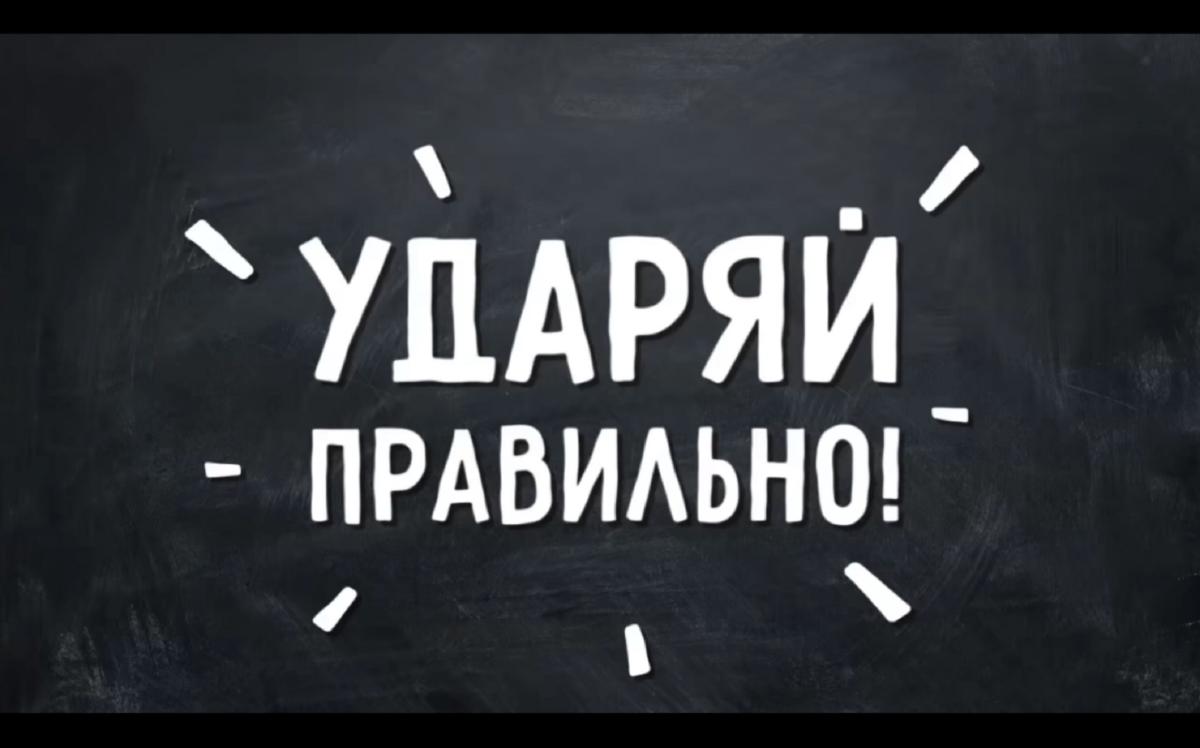Stress (Ударение)
One of the 8 common mistakes every Russian language learner makes according to Russia Beyond (2018). Including a “Word of warning: It takes a VERY long time to get accustomed to the stresses on Russian words At times, you’ll be confronted with a new word and have absolutely no idea how to pronounce it.’ No stress: this is going to help, and will speed things up.
Interests
Catalógus or catálogus? The latter is correct (traceable to the Greek), but no one looks strangely if you say catalógus. In Russian, emphasis is more important. It can determine both the pronunciation of a word (an stressed syllable sometimes sounds very different from an unstressed one) and its spelling.
You often have to deal with the latter when conjugating adjectives. ж, ц, ч, ш and щ only have an o if they are stressed; if not, e instead of o. That explains why you write хорóшее вино (good wine), but плохóе вино (bad wine).
Meaning difference (homograph)
In some words the emphasis determines their meaning. Духи́ is perfume, ду́хи are spirits. Мука́ is flour, му́ка is suffering (pain, torment). Beware in fancy restaurants or at the jeweler’s. Я пла́чу is I cry, я плачу́ I pay.
Dutch also has such homographs (see Wikpedia and Onze Taal); with a little imagination, the homographer is one himself. More Russian омографы at RussianPodcast.eu.
Difficulty
In Czech and Finnish words the emphasis is by default on the first syllable, and in French words on the last. Polish and Swahili are also childishly simple in this respect, with their stress always on the second-to-last syllable.
Russian is different. The place of the stress is often difficult to predict, and it can already shift when the word becomes plural. As in сло́ва and слова́ (word(s)) or окно́ and о́кна (window(s)).
Help
Several guidelines offer guidance. The simplest is that in words with an ë in them (see The letter ë) the stress always falls on that letter. And often (not always) on the last syllable in neuter words ending in -o, as in кольцо́ (ring) and лицо́ (face). The last syllable of feminine words ending in -a is usually stressed when that word has two syllables, as in мечта́ (dream) and рука́ (hand).
Practical help is also available. With apps ( App Store, Google Play), and online at Morpher, RussianGram and Russian Stress Finder.
Creating stress marks
- How to insert stress marks in Russian when you type (Learn Russian with Kira, 2020, 4 m)
- Typing Russian stress marks on macOS (Ojisan Seiuchi, 2020)
- Russtress 0.1.4 (PyPI, 2020)
Test
- Тест на ударение | Русский язык (Poliglotesse, 2021, 12 m)
- Куда поставить ударение? Тест на ударение (Просто о сложном, 2020, 2 m)
- Как определить ударный слог? (Начальная школа, 2020, 9 m)
- Знаете ударения? (Сломай мозг, 2020, 10 m)
- Тест по русскому языку (ударение) (Онлайн Тестирование, 2019, 3 m)
- Слог, ударение и перенос слов (Инфоурок, 2017, 17 m)
How to know the right stresses
(Be Fluent in Russian, 2019, 6 m)
See also How to Find Right Stress in Russian Language (2019, 4 m) and Master Stresses (2017, 4 m).
Where to put stress in Russian?
(Learn Russian with Alfia, 2019, 12 m)
Word stress in Russian
(Maria Tainkina, 2018, 7 m)
Russian word stress
(Denis Fedorov, 2017, 15 m)
See also Tips on Russian pronunciation, stressing and intonation (2016, 19 m) and Russian syllables (2016, 8 m).
More
[EN]
- Word stress in Russian language (Learn Russian, 2021, 7 m)
- Stress of letters in russian language (Rus Tili, 2020, 6 m)
- Reading Rules for beginners: word stress, vowels (Anellanna, 2020, 11 m)
- Russian stress (Tanya Philos, 2020, 2 m)
- Russian Word Stress + practice reading first text (RussianUp, 2019, 3 m)
- How to determine the stress in Russian words (Lara Star, 2019, 2 m)
- Relax and learn stress in Russian language (Russian to the World, 2019, 8 m)
- Почему русское ударение такое сложное? (Микитко сын Алексеев, 2018, 72 m)
- Russian word stress – The importance of putting stress in the right place (Live Russian, 2018, 7 m)
- Word stress in Russian language / Ударение в русском языке (Exlinguo, 2018, 52 m)
- Russian Sound System: Stress. Stressed and Unstressed Vowels (Amazing Russian, 2018, 15 m)
- Where is the stress in the Russian Language? (Russian with Tatiana, 2016, 3 m)
[RU]
- Русский язык. Фонетика. Ударение (Profi Education, 2020, 16 m)
- Русский язык – тема: Ударение (Учимся Дома, 2020, 4 m)
- Как определить ударный слог? (Начальная школа, 2020, 9 m)
- Русское ударение история и современность (Русская речь, 2020, 94 m)
- Правильное ударение, разбор 4 задание | Русский язык ЕГЭ (Bubo Unicus, 2019, 44 m)
- Как запомнить ударения? Задание 4 ЕГЭ (IrishU, 2018, 7 m), ook 15 слов со странным ударением (2017, 5 m)
- Слоги и ударение (Znaika TV, 2017, 6 m)
See/read
- How does one hear the stress in Russian words? (Stack Exchange, 2020)
- Word Stress Patterns in Russian (Russian Language Blog, 2019)
- Stressed About Word Stress in Russian Language? (Master Russian, 2012)
- Stressed About Word Stress? (Russian Language Blog, 2010)
- Accent marks in Russian words (Learn Russian Step by Step)
- How do I know which syllable is stressed in a Russian word? (Quora)
- Russian stress patterns – nouns (Wiktionary)
- Stress in the Russian language (Ruspeach)
- Stress marks in Russian (Russian Alphabet)
- Word stress in Russian (Russian Stress)
Image from 10 слов с правильным ударением (AdMe.ru, 2015).
More








